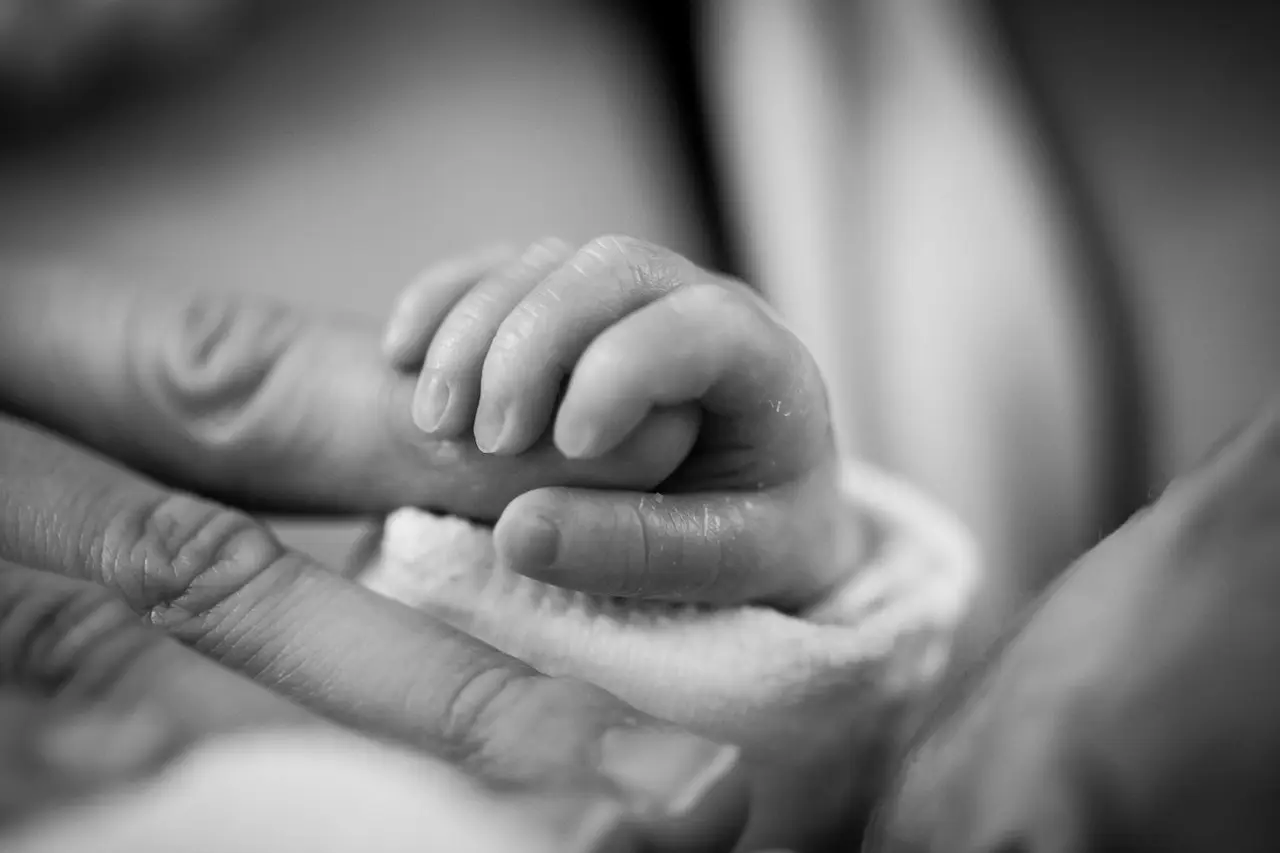Birth Injury Settlements: Understanding South Carolina’s Cap on Damages

Welcoming a newborn is supposed to be a joyous occasion, but it can turn tragic if your baby suffers from a birth injury due to medical negligence. While you can pursue a lawsuit to obtain compensation for medical bills, emotional trauma, and other damages, it’s crucial to understand the state-specific regulations that can affect your settlement. If you reside in South Carolina, you’ll need to acquaint yourself with the state’s cap on damages in birth injury cases.
Understanding Caps on Damages
In legal parlance, a “cap” refers to a limitation on the amount of money that can be awarded in a lawsuit. South Carolina, like many other states, places a cap on “non-economic” damages in medical malpractice cases, including birth injury claims.
What Are Non-Economic Damages?
Non-economic damages cover the subjective, non-monetary losses experienced due to an injury. These can include:
- Pain and Suffering
- Emotional Distress
- Loss of Enjoyment of Life
The South Carolina Cap
South Carolina law places a cap per defendant for non-economic damages in medical malpractice cases. This cap increases if there are multiple defendants.
When the Cap Doesn’t Apply
There are instances where the cap on non-economic damages might not be applicable:
- If the defendant’s conduct was reckless, malicious, or grossly negligent.
- If the defendant was under the influence of drugs or alcohol at the time of the incident.
Economic Damages: No Cap
It’s crucial to note that there’s no cap on “economic damages,” which include:
- Medical Expenses
- Future Care Costs
- Lost Earnings
Your attorney can help quantify these damages to ensure that you receive a fair settlement.
Strategies to Maximize Compensation
Even with the cap, several legal strategies can be employed to maximize your compensation. These can include:
- Identifying Multiple Defendants: Since the cap applies per defendant, having multiple defendants could potentially increase the total non-economic damages.
- Proving Gross Negligence: If it can be proven that the healthcare provider acted with gross negligence, the cap may not apply.
- Detailed Documentation: Comprehensive medical records, expert testimonies, and other evidences can help in making a strong case for economic damages, which are not capped.
Conclusion
Understanding South Carolina’s cap on non-economic damages is crucial when pursuing a birth injury settlement. While it does limit the amount you can recover for subjective losses, there’s no limitation on economic damages, which often form a significant portion of these settlements.
If you believe your child has suffered a birth injury due to medical malpractice, it’s essential to consult with a specialized attorney to navigate the complex legal landscape. While the caps on damages may seem restricting, a skilled attorney can employ various strategies to seek the maximum compensation you deserve.

